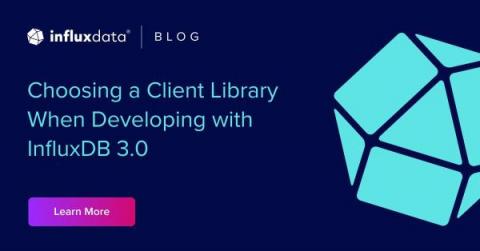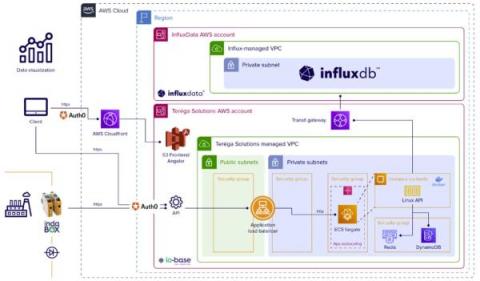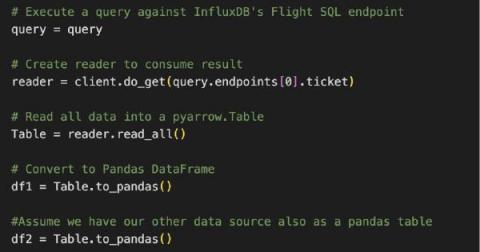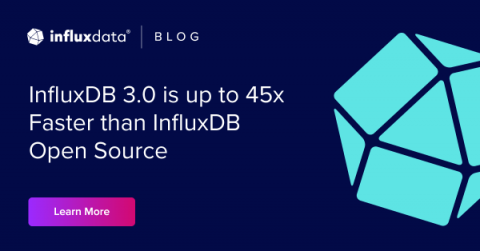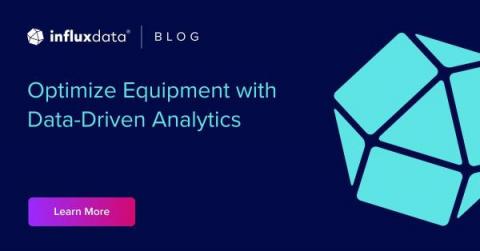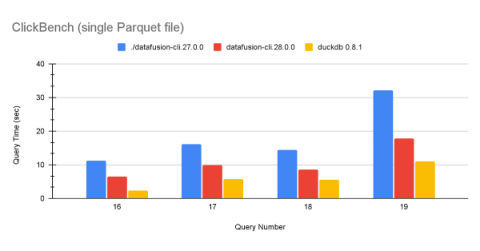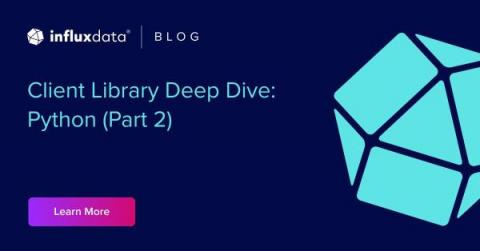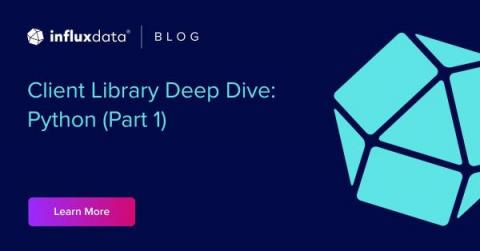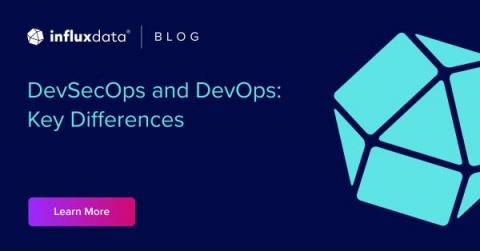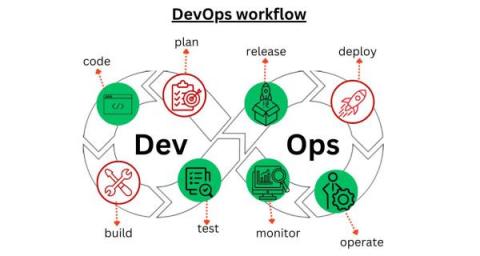Choosing a Client Library When Developing with InfluxDB 3.0
A common question we get asked is “what client library should I use with InfluxDB 3.0?” This question isn’t as simple as it may seem. It can get confusing when deciding which client library to use while developing applications to write to and query from InfluxDB. There are numerous options to choose from and the answer may differ based on the following criteria: At first, this seems like an easy answer.


